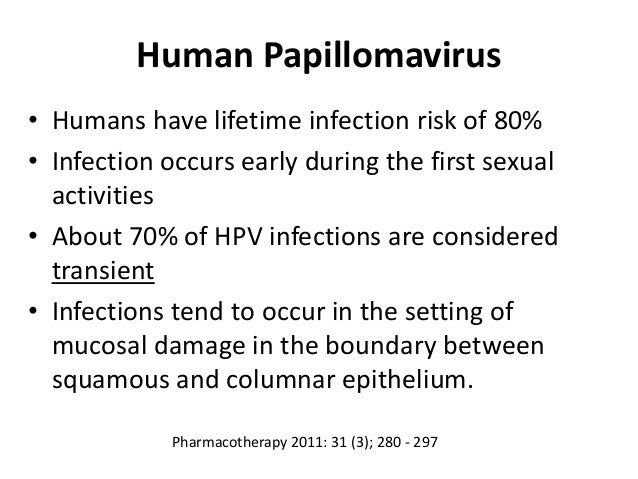
#Colol rectal cancer and hiv trial
Recruitment from SCOPE will form the basis of a prospective cohort study correlating mucosal turnover and inflammation to colorectal neoplasia (aim 2).Īim 3 will measure the impact of mesalamine on mucosal turnover and inflammation as a substudy of a parent trial to reduce systemic inflammation in HIV-infected individuals. Mucosal turnover and inflammation will be examined using archived tissue from SCOPE subjects (HIV treated, untreated, elite controllers, and uninfected) (aim 1). A major strength of this proposal is our ability to leverage a clinically well-characterized NIH-sponsored HIV-infected cohort (SCOPE) of over 1,360 subjects where 186 subjects have already undergone sigmoidoscopy and biopsies. To this end, this application proposes (1) to determine the impact of untreated and treated HIV infection on mucosal turnover and inflammation compared to uninfected individuals, (2) to determine whether mucosal turnover and inflammation are associated with the presence of neoplasia in both HIV+ and HIV- individuals, and (3) to determine whether mesalamine decreases gut epithelial turnover and mucosal inflammation among HIV+ individuals in the context of an ongoing placebo-controlled trial.

The broad goal of this proposal is to characterize mucosal turnover and inflammation during HIV infection and their contribution to the risk of colorectal neoplasia. Mucosal turnover and inflammation are further associated with the presence and development of adenoma in studies of uninfected individuals. Gut epithelial turnover and mucosal inflammation are prominent in non-human primate models of HIV infection and is an important determinant of progressive HIV disease.


However, a specific mechanism explaining this high risk of colonic neoplasm has not been established. Population-based and endoscopic studies have suggested that the incidence of colorectal cancer (CRC) and its precursor, adenomatous polyps, is elevated in HIV-infected individuals compared with the general population.


 0 kommentar(er)
0 kommentar(er)
